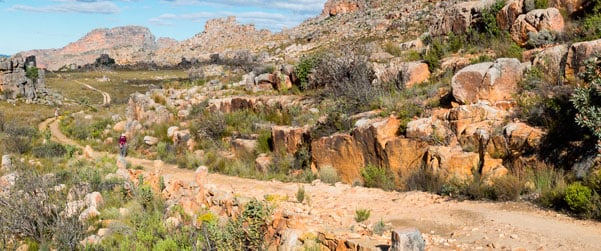Will coronavirus be a wake-up call for traveling more responsibly?
“Collectively and individually, we have the opportunity to undertake a smart, responsible recovery and commit to making tangible changes to the way we’ve been traveling,” stated Gregory Miller, Executive Director of the Center for Responsible Travel (CREST), in a recent op-ed. Miller and other educational travel leaders joined Andrea Holbrook on an Earth Day webinar to share ideas for how we can emerge from the pandemic that has hit the travel industry especially hard.
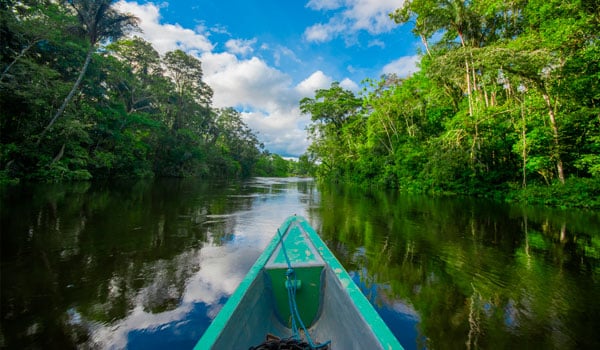
New trends begin to emerge
Holbrook Travel has been reaching out to our community and attending webinars that grapple with the extraordinary changes underway in our world. Even our most seasoned leaders have not seen anything like this before. Many organizations are still in “wait and see” mode, until they have more data to make decisions that will affect their plans in 2021 and beyond.
But some trends are beginning to emerge. Some planners are changing their destination focus to be closer to home or to “safer” countries. Others are offering fewer cruises, visiting less-traveled destinations, and reducing their offerings. And many are using this time to re-think their approach to travel and adopt new sustainability initiatives.
“We’ve been given a rare opportunity to reset and be more deliberate going forward about how we travel, so that we can preserve the very reasons why we travel,” says Mary Ann Hunt, Associate Director for Tufts University’s Travel-Learn Program. “We’ve seen in a short period of time the contrast between unlimited travel in any way that is personally convenient, to not being able to travel at all. As the air has cleared up, we are now able to literally see it…the impact we were having.”
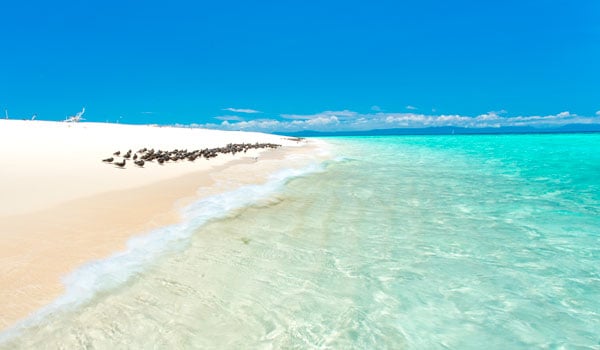
Group travel planners can make a difference
Those who have been charged with managing an organization’s travel program or choosing a group travel program are essentially “curators.” Like a chef, they pick and choose the menu to offer their members. This selection process walks a careful balance between what reflects the organizational mission and what will sell best.
The most successful organizations are the ones that can both deliver meaningful travel and achieve revenue or educational goals. Going forward, travel programs will need to achieve a higher purpose to differentiate and build loyalty. Like competition in the natural world, with the plethora of travel options, educational travel planners need to push their unique recipes. The headline in a recent NBC News article captured this sentiment: “The virus should force us to rethink an industry that was hurting local communities, wildlife and our world heritage — as well as disappointing tourists.”
5 ways we can shape the future of travel for the good
1. Further reduce group sizes
In a post-coronavirus world, travelers will likely want more small-group travel experiences. Not only will they be deemed “safer,” small groups allow more meaningful encounters with local communities, less impact on the natural world, and more opportunities to share with like-minded people. Travelers will prefer smaller cruise options, if at all. For land travel, small groups can be reduced even further to sizes of 10-18 travelers and still be economical. Many tour operators have perfected the small-group model and should build on this trend.
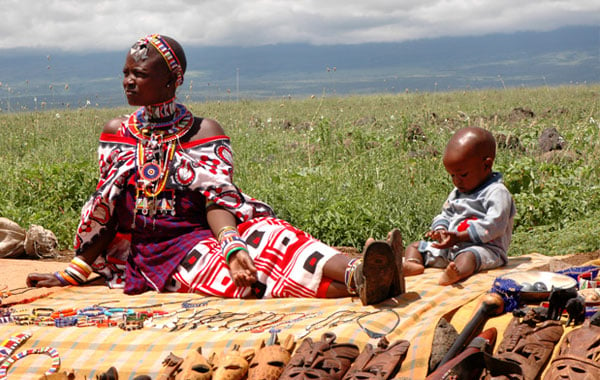
2. Choose itineraries that positively impact local communities
Leaders need to look closely at the selection of hotels and activities in educational travel programs. Are lodges locally owned, following best practices in sustainability? Do excursions benefit local entrepreneurs? Is there an opportunity for genuine cultural exchange with people, or are we a large tour group descending on a village? Leaders need to take the time to study the program and choose programs that have a high impact, making communities more sustainable and not turning to profiting from destroying forests and poaching.
“Now more than ever it is imperative that we support local businesses that properly train their guides and that they follow responsible wildlife watching laws and guidelines,” states Karen Burns, from the Virginia Aquarium. “As a travel coordinator, I rely on the expertise of the providers that we work with when establishing a destination. I look for places that offer experiences that provide opportunities to engage with the local people, participate in community environmental initiatives, and give back to the local economy.”
3. Visit lesser-known locations to avoid overtourism
Overtourism has become a serious problem around the world. From Venice to Machu Picchu, rapidly expanding tourism has caused overcrowding in so many places that the experience has become disappointing. While local economies may gain real economic benefits, the strain on local resources is difficult for residents and can decrease a region’s livability.
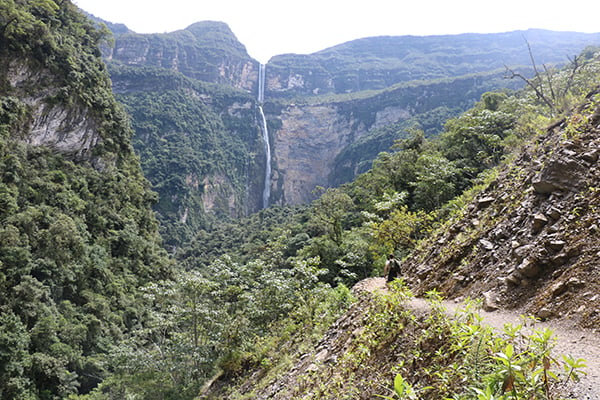
Travel organizers need to balance itineraries to limit visiting crowded sights with lesser known, but sometimes equally intriguing places. In Peru, there are other less-known Inca ruins that have compelling stories where visitors can feel more connected. Other options include going off-season or to off-the-beaten-path destinations within a country. Isabela Island, for example, provides close encounters with the Galápagos natural world without the congestion of Santa Cruz or San Cristóbal.
4. Offer multiple categories of responsible travel
The move beyond conservation-based travel has been evolving. Carbon offset programs have been around for a number of years now (Holbrook has partnered with ClimateSafe since 2008). These programs allow travelers to offset the carbon emissions from their trip by supporting renewable energy, energy efficiency, and forestry projects in the U.S. and internationally.
Now, travel can go even further by offering responsible travel programs that include attention to the environment, wildlife, culture, and community. Focus can be applied to multiple aspects of a trip, not just carbon emissions. Activities would be selected to support conservation-based initiatives, foster cultural exchange, and economically benefit the local people. Talks and discussions should focus more what initiatives are being done to preserve cultures, species, and natural resources.
5. Go green in communications
More organizations are using the current pause in travel to re-think their practices and to reduce their carbon footprint. The University of California, Berkeley’s Cal Discoveries travel program just announced a “go-green” initiative. This includes using fewer paper brochures, cutting down on paper waste in the office, and substituting traveler gifts with carbon offsetting. Many other organizations have chosen to go digital with mailings, including their field documents to travelers before they leave. Road Scholar, the pioneer in educational travel for adults, has eliminated catalog printing and mailings, focusing on digital marketing.
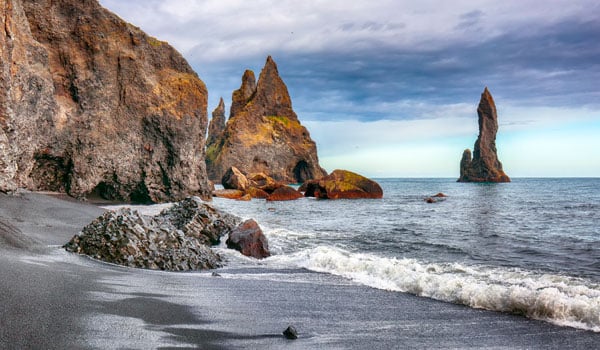
Making the commitment
Out of our current challenges from the global impact of coronavirus come opportunities to grow from this experience and improve our practices. With travel representing a large component of the global economy, the travel community can make a difference in how we shape the future. “I’ve spent a lot of time lately thinking about how travel can be a vital force for good,” stated Gregory Miller from CREST. “When developed responsibly, tourism has the power to provide rich cultural experiences and protect precious natural environments in places that could otherwise fall prey to damage or loss from extractive industries, clear-cut logging, and illegal trade and traffic. But this kind of tourism requires a deliberate commitment to sustainability.”
Further reading:
NBC News: The coronavirus will change how we travel. That will probably be good for us.
AFAR: Even Though We Aren’t Traveling, We Can Still Support Sustainable Tourism


